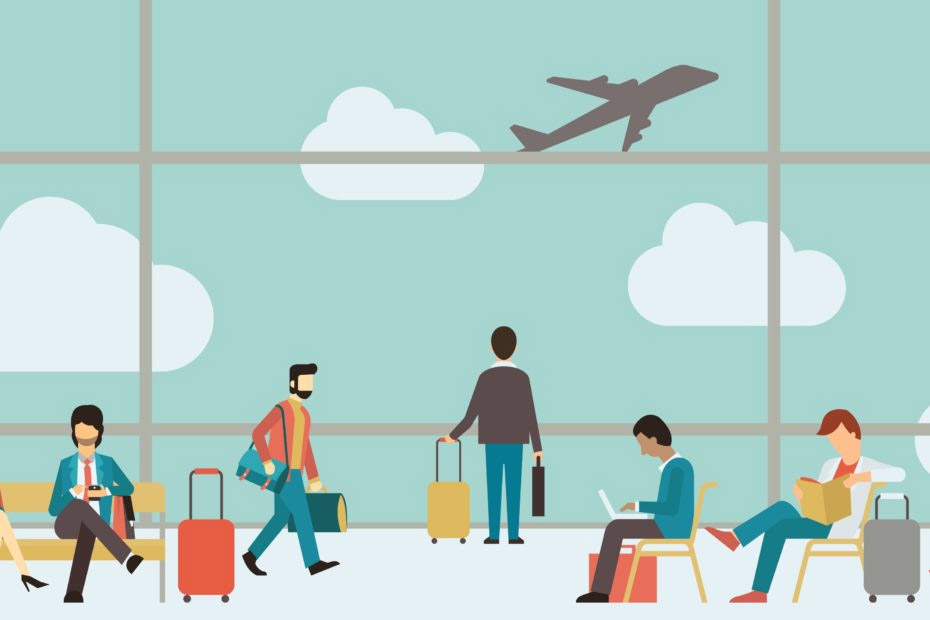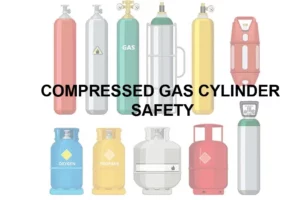Business Travel
- The Company recognizes its responsibilities to employees who are required to travel and has put in place this and other Policies, supported where appropriate by certain insurances, to cover employees travelling within their home country and outside.
- The Company may request, but will not require, employees to travel to destinations that are defined as a High Risk or to which an All Travel warning applies.
- Where the Company does request an employee to travel to a destination which is defined as a High Risk and the employee accepts the request, then the Company will stand by its commitments to an employee as described in this document.
The Guidelines cover
- Company support
- Insurances
- Travel Claims
- Travelling in vehicles
- Medical Treatment
- Lost property
- Stolen property
- Legal cover
- Personal Travel
- Employer’s Liability
Employee’s Responsibility
- Ascertain the level of risk that applies to the travel destination by checking the Company website, the country specific website, the relevant host country travel security website e.g.UK Foreign & Commonwealth Office website, as well as key in-country contacts, and follow any specific advice given.
- Provide appropriate prior notification of all travel abroad to their manager and to their HR department, and obtain all necessary approvals for their travel.
- Identify any travel related health risks and seek appropriate medical advice.
- Be aware that when combining personal holiday with business travel, that the personal holiday element of their travel is not covered by the Company.
- Not to undertake personal choice activities (e.g. skiing, sailing) which could be hazardous. Any such activity, if undertaken, will be entirely at the employee’s risk.
Corporate Assistance
- Corporate Assistance is an emergency travel assistance programme to help minimise the stress of emergency situations that may occur while employees are travelling worldwide.
- Services are available 24 hours a day to address unexpected incidents that can affect an employee’s health and safety when travelling.
Travel Authorisation
This covers
- Purpose and Overview,
- Advisory Process,
- Approval and
- Notification Process
Travel requests will be reviewed based on four criteria:
- Business criticality,
- Destination risk,
- Travel risk profile, and
- Employee safety and comfort
Emergency Evacuation
Reasons for repatriation include:
- Deteriorating law & order situation or political instability
- Environmental – flood, hurricane, fire etc.
- Family request or employee illness/ accident
- Government advice , Corporate instruction or insurance requirement
Sponsoring Local ‘Host’ should
- Contact Compliance Dept. prior to travel to ‘high risk’ area, to confirm status of statutory insurance cover.
- With regard to specific risks associated with travel, have a tested ‘stay / go’ procedure in place, prior to travel.
Employee should
Travel with a list of ‘key contact’ telephone numbers, including
- Corporate Security
- Corporate Risk Manager
- Line Manager
- HR Support
Occupational Health Advice for Business Travellers (India and Abroad)
Aim
- To reduce the health risks associated with overseas travel
- To raise awareness and understanding of travel health issues
Objectives
- To give both general advice on maintaining good health whilst travelling, and special advice for locations with specific hazards.
- To keep current regarding vaccinations required for specific countries, and specific outbreaks of disease.
- To establish the individual’s medical history and current medication, which immunizations have already been administered, and when the next boosters are due.
Advice to Travellers – Prevention!!
Prior to travel, consult with the Occupational Health Department to obtain the relevant vaccinations, medication, first aid kit and advice.
Flying
- Rest before travel and limit activities on immediate arrival.
- Eat light meals, drink plenty of non-alcoholic fluids and limit alcohol intake before and during the flight.
- Wear elastic compression stockings or flight socks, and exercise legs, feet and toes while seated, or take short walks, every half-hour or so, during the flight.
- Heat exhaustion and heat stroke (particularly important during the early stages of acclimatization in hot climates) – keep cool, drink plenty of non-alcoholic fluids and add salt to meals.
- Sun protection – limit exposure to the sun, protect the skin with light clothing, and use high factor sunscreens (SPF 25).
Stomach upsets
- Drink plenty of fluids and ensure food is uncontaminated and cooked thoroughly.
- Use bottled water – this also applies to water used for making ice-cubes and cleaning teeth.
- Take local advice about seafood (but when in doubt, avoid it), only eat vegetables if thoroughly cooked, avoid green salads, and peel fruit (including tomatoes).
Insect bites (mosquitoes etc)
- Ensure the recommended course of anti-malaria medication is taken.
- Wear clothing that covers as much of the body as possible, and use insect repellent on exposed skin.
On Return
Visit the Occupational Health Department to:
- Return the first aid kit and any unused medication.
- Feed back on the visit.




